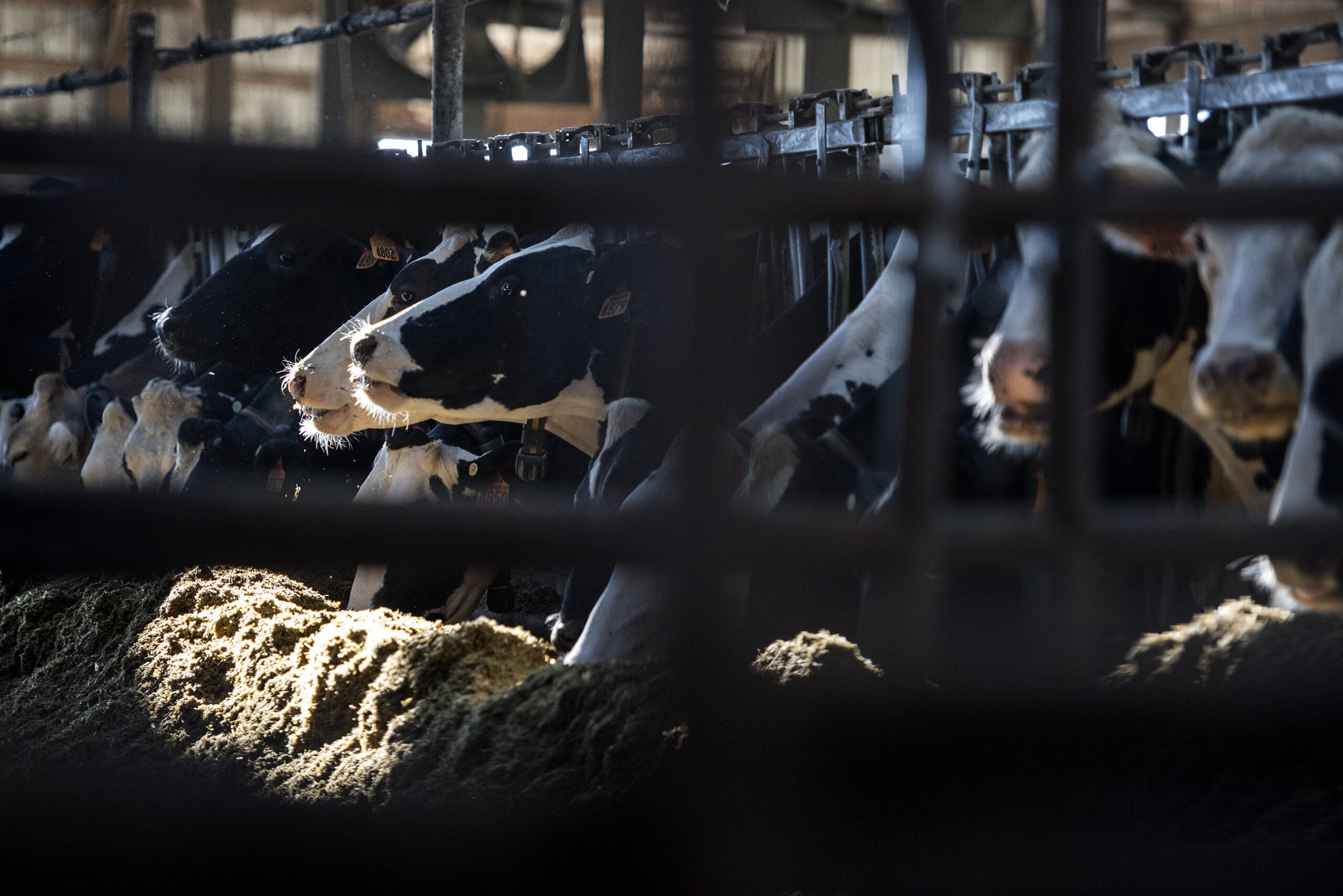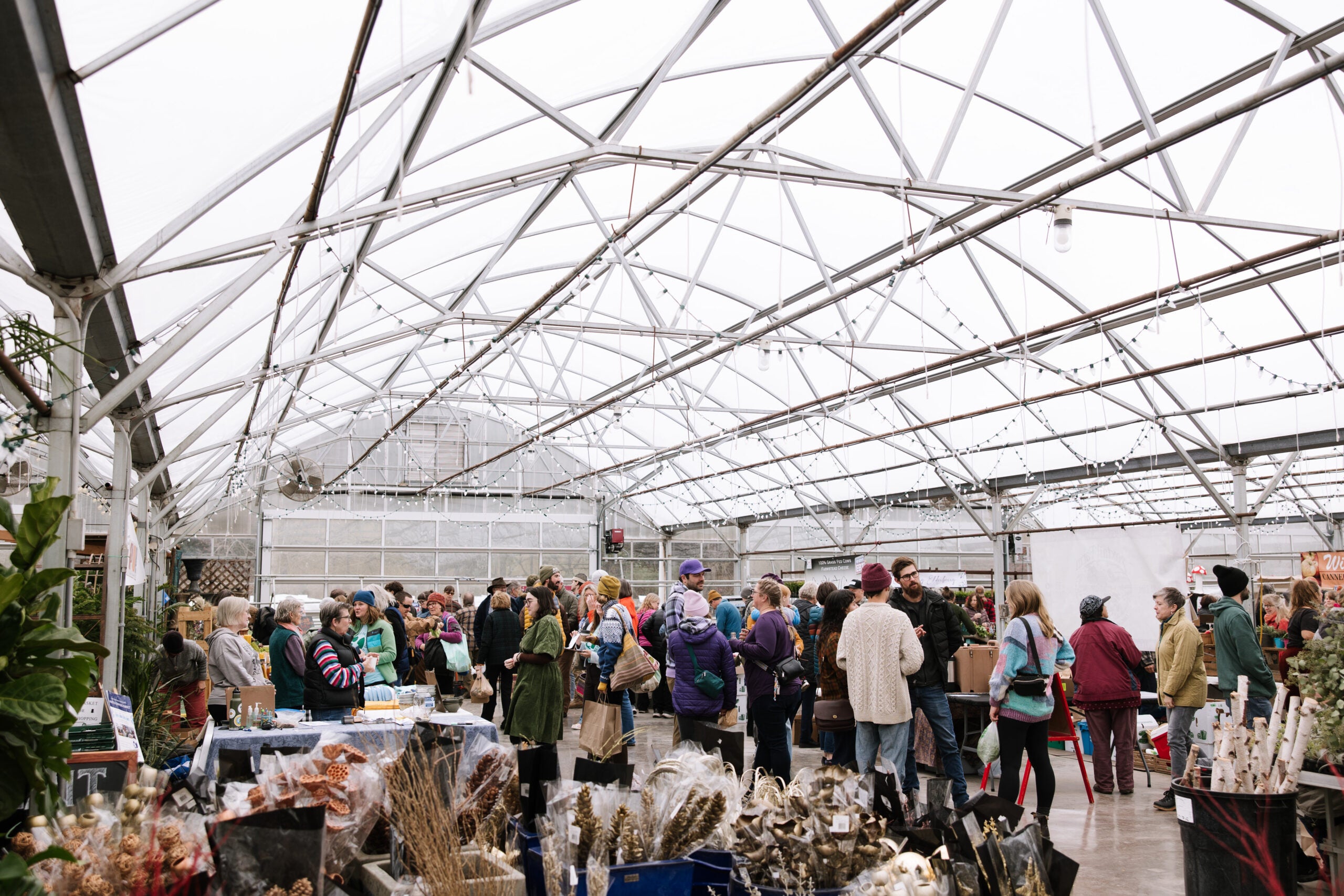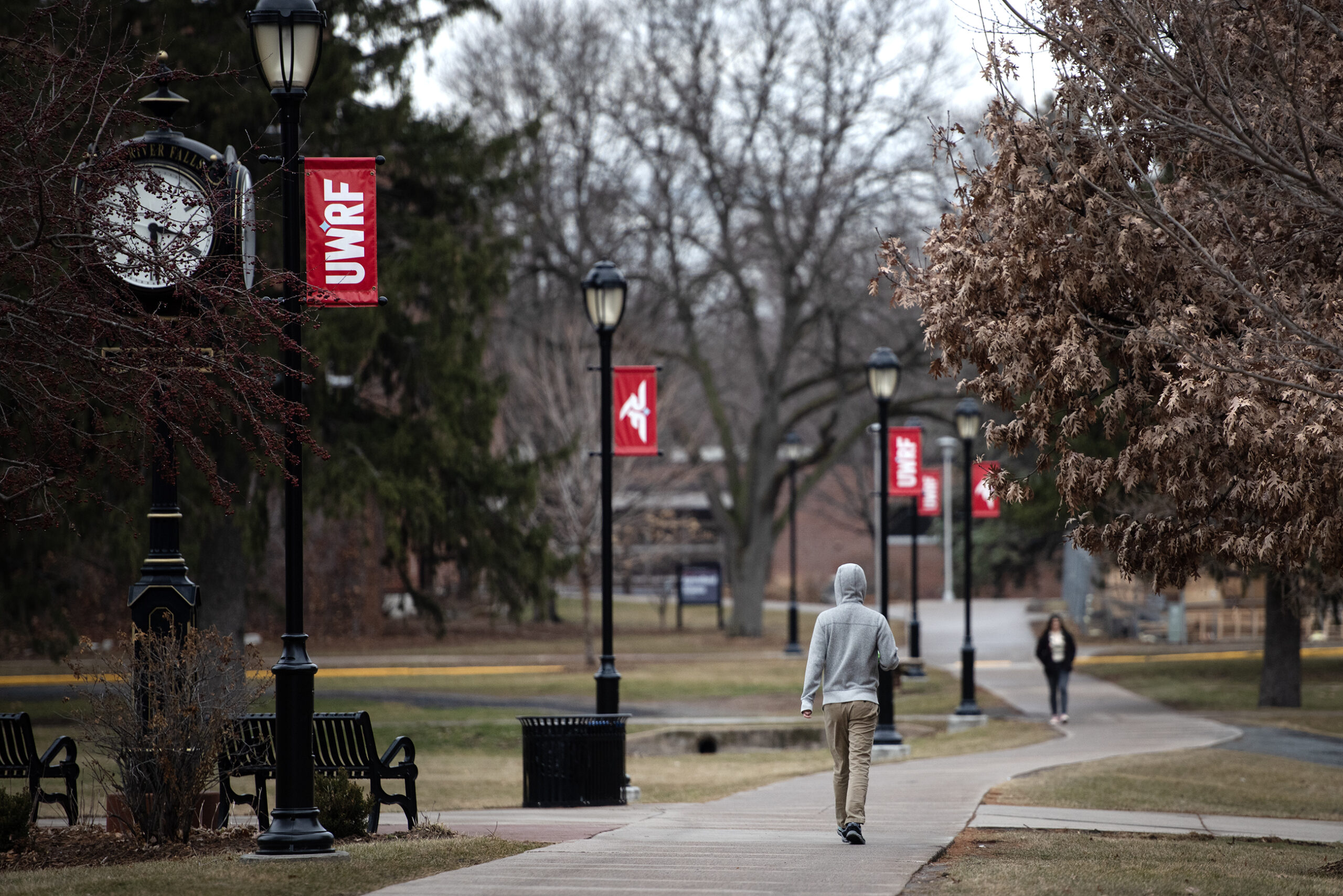More Wisconsin farmers are accepting mental health services as the COVID-19 pandemic continues to disrupt the agriculture industry.
The virus has devastated food service sales and shut down meat processing plants across the country, leaving farmers with low commodity prices and lost sales of their products.
During a call with reporters last week, interim Secretary Randy Romanski, from the state Department of Agriculture, Trade and Consumer Protection, said more producers have been reaching out for guidance from the Wisconsin Farm Center.
News with a little more humanity
WPR’s “Wisconsin Today” newsletter keeps you connected to the state you love without feeling overwhelmed. No paywall. No agenda. No corporate filter.
“Obviously, with the challenges that many farmers are feeling with COVID-19, after several years of challenges with prices and trade disruptions, call volume to the Farm Center is high,” Romanski said. “We’ve been trying to provide resources to deal with stress and anxiety, communication, things of that nature, and we will continue to do so.”
Romasnksi said the Farm Center has given out 91 vouchers for free mental health counseling from January to April. By comparison, the agency gave out 89 vouchers in all of 2019.
Some medical professionals serving rural areas say they know the need for mental health services is high.
Dr. Elizabeth Bade is the medical director of Scenic Bluffs Community Health Centers, which serves rural communities in southwestern Wisconsin. Bade said farming was a stressful occupation before the novel coronavirus impacted the industry. She worries the added stress from the pandemic could affect farmers’ physical health too, causing poor sleep, chronic pain and even increased risk of heart attack.
“Soon, I think we’re going to see more of the stress response and health concerns surrounding that, both mental and physical health, as being just as important and just as dangerous as the virus that started this whole thing,” Bade said.
She said the clinic hasn’t seen more requests for counseling in recent weeks. But Bade said many farm families don’t feel like they can afford mental health services.
“When you’re already paying out-of-pocket for your primary care costs or your urgent care costs … it seems like a luxury to then also pay for mental health care,” Bade said. “I know with the farmers that I do take care of, it’s always a conversation, and usually a compromise of some sort, on ‘how do we keep these costs down?’”
She said staff at her clinic try to check in with patients about their mental health during primary care or dental visits. Bade said the stigma around asking for mental health services still exists, but she thinks more people are open to a conversation with a trusted provider.
Since the state issued the first “Safer at Home” order in March, Bade said Scenic Bluffs staff have also been reaching out to patients with chronic diseases and those who are older — two populations at higher risk of developing serious complications from COVID-19.
“Anyone over the age of 80, we called to make sure that they were able to get some groceries, that they had some help in the area. Then we started working down, everybody over 75, everybody over 70, just to make sure that people still had a connection, that they knew that somebody was paying attention,” Bade said.
Wisconsin Public Radio, © Copyright 2026, Board of Regents of the University of Wisconsin System and Wisconsin Educational Communications Board.







